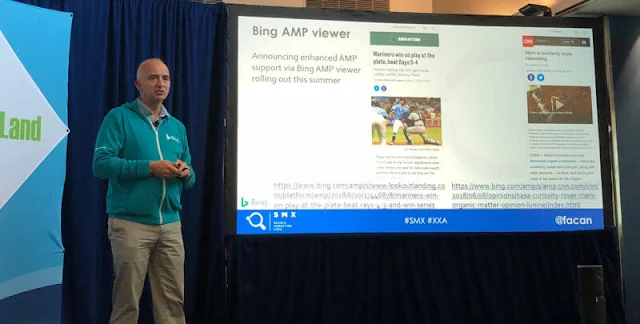 |
| What is the Keyword SEO Difficulty? |
What is the Keyword Difficulty in SEO?
Keyword difficulty (also known as keyword competition) is one of the most important metrics you should consider when doing keyword research. The higher is the keyword difficulty, the harder it is to rank on the 1st SERP due to high competition of the ranking websites.It’s a critical metric alongside with exact monthly search volumes and SERP analysis. It determines a selection of keywords that will help you to improve SEO, bid on keywords in PPC campaigns, and much more.
How is the Keyword Difficulty calculated?
The calculation is based on the selected metrics by Moz, Majestic and our know-how, namely:
- Domain Authority
- Page Authority
- Citation Flow
- Trust Flow
- Calculate the overall Link Profile Strength (LPS) for every website that ranks on the 1st Google SERP based on the selected Moz and Majestic metrics.
- Each metric has a different weight to make sure the results estimate how the real rankings evolve as much as possible.
- Take into account both high and low LPS values to calculate the overall Keyword SEO Difficulty.
- The final value estimated how hard it is to start ranking on the 1st SERP so it takes more than ever into consideration websites with low LPS.
- It’s absolutely alright when a low-authority website outranks high-authority websites and that’s exactly what Keyword Difficulty focuses on.
What is a good value of the Keyword difficulty in SEO?
 |
Keyword SEO Difficulty
|
The Keyword Difficulty is indicated on a scale from 0 to 100. The lower the value, the easier it is to rank for the keyword on the 1st SERP.
Keep in mind that the “real” SEO difficulty may vary. It depends on your on-page and off-page SEO skills.




